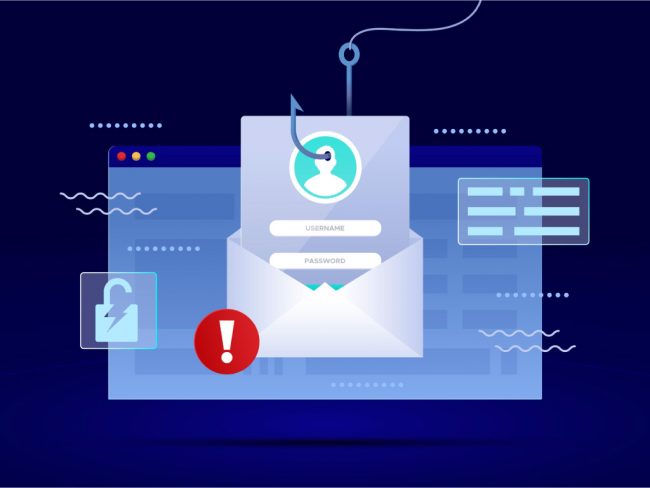Cybercriminals have become increasingly sophisticated, making it harder to distinguish a legitimate email from a scam. One of their most effective tools is the use of phishing kits, which allow even those with minimal technical skills to launch realistic and convincing attacks. At Stone Bank, we want to make sure you know how to protect yourself from these threats. This article draws on insights from KnowBe4—a leading cybersecurity awareness training platform—about how phishing kits work and how you can avoid becoming a victim.
What Is a Phishing Kit?
According to KnowBe4, phishing kits are pre-packaged sets of tools that scammers can easily purchase online. These kits contain everything needed to create realistic-looking phishing attacks, from fake email templates and official-looking logos to websites designed to mimic legitimate services like PayPal or your bank. Cybercriminals no longer need extensive coding knowledge to launch these attacks, which is why phishing scams are becoming more common and harder to spot.
How Phishing Kits Fool You
Imagine receiving an email that claims your account has been compromised. If the email looks professional, includes the company’s logo, and even contains a realistic-looking website link, would you trust it? Many people do. Phishing kits make these emails look authentic by including professional design elements and fake websites that closely mimic the real thing. As KnowBe4 explains, phishing kits increase the chances of success by giving scammers access to high-quality resources, making it easier for them to trick unsuspecting users.
What Can You Do to Stay Safe?
At Stone Bank, we’re committed to your security. Here are a few tips—backed by KnowBe4—to help you avoid phishing scams:
- Don’t Trust Emails Claiming Account Issues: If an email says your account has a problem, go directly to the company’s official website to log in. Avoid clicking links in the email.
- Be Cautious of Unexpected Emails: Even if an email looks legitimate, be wary of clicking on any links if you weren’t expecting it. Cybercriminals are skilled at replicating logos and website designs to fool you.
- Verify Urgency: If an email seems urgent, take a step back. Call the company directly or use another verified method of communication to ensure the message is legitimate before taking any action.
Phishing attacks are on the rise, but you can outsmart scammers by being vigilant. Always think before you click, and remember—if something feels off, it probably is.
Stay safe, stay informed, and remember: When in doubt, reach out to us directly. Your security is our priority!

